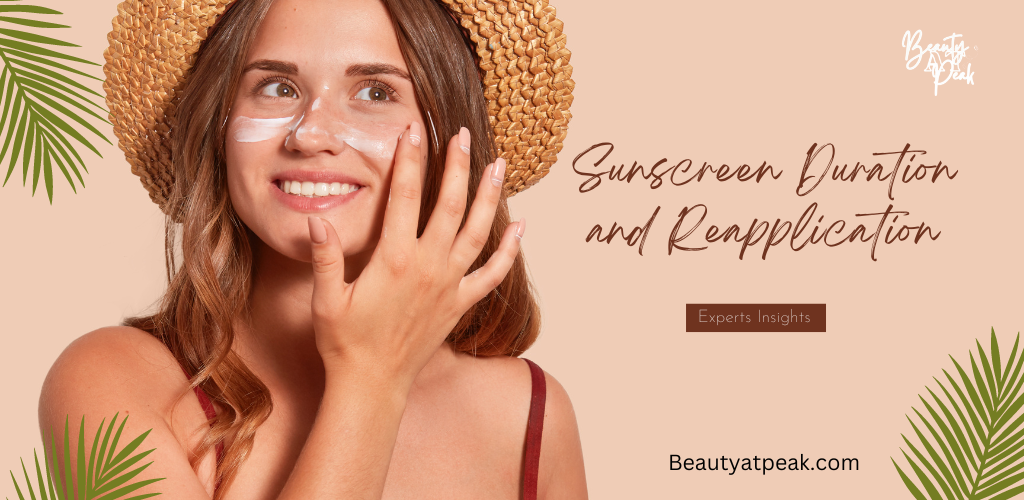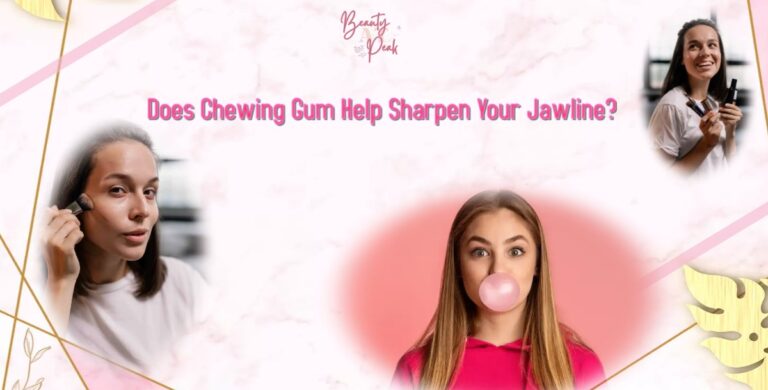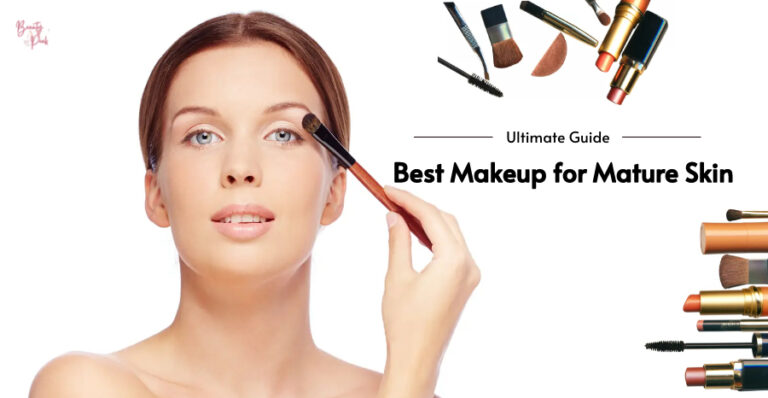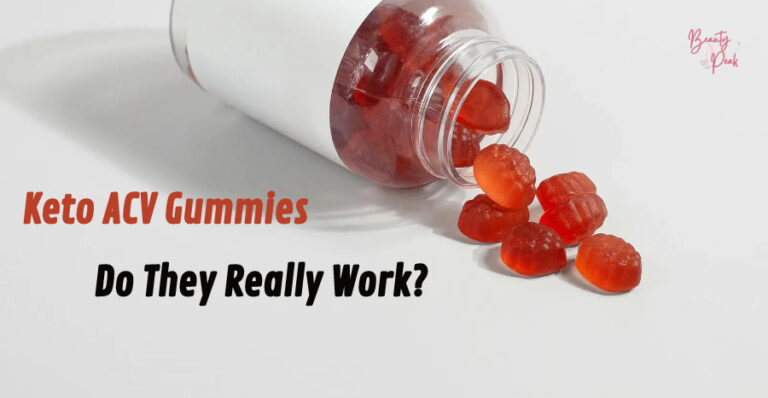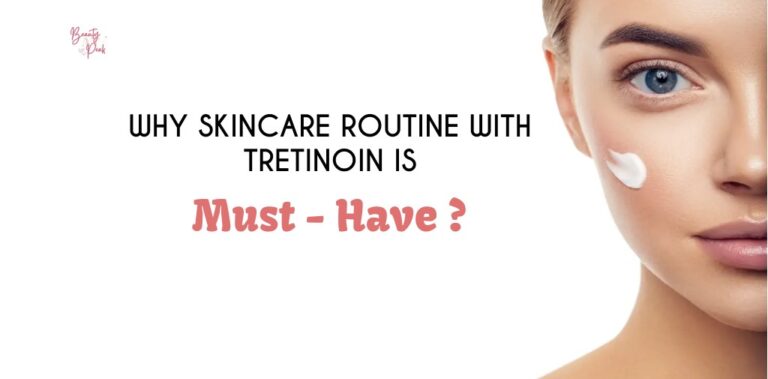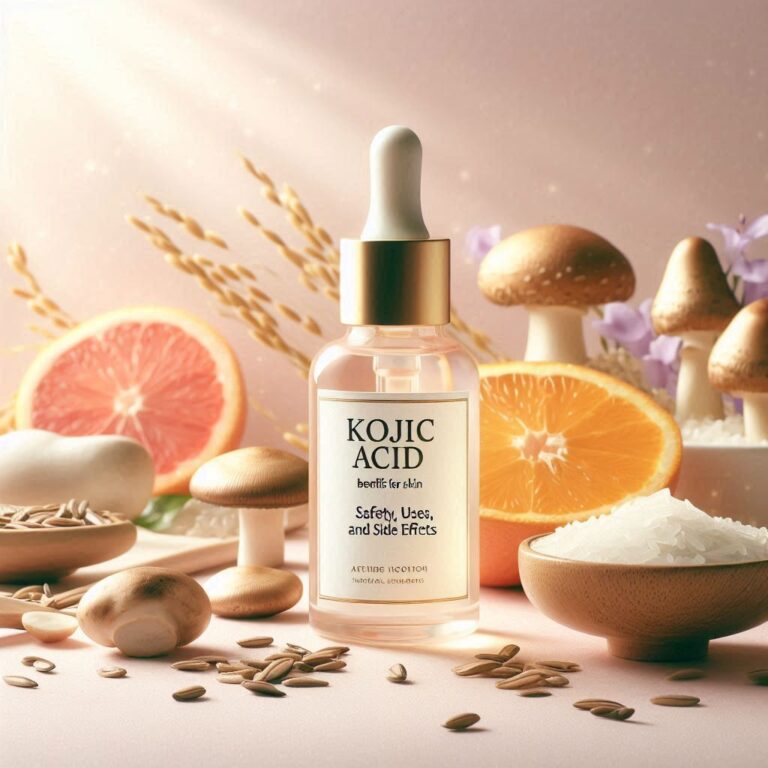Sunscreen is more than just a summer essential; it’s a year-round necessity for healthy skin. Whether you’re hitting the beach or just running errands, protecting your skin from the sun’s harmful rays is very important.
What Does Sunscreen Do?
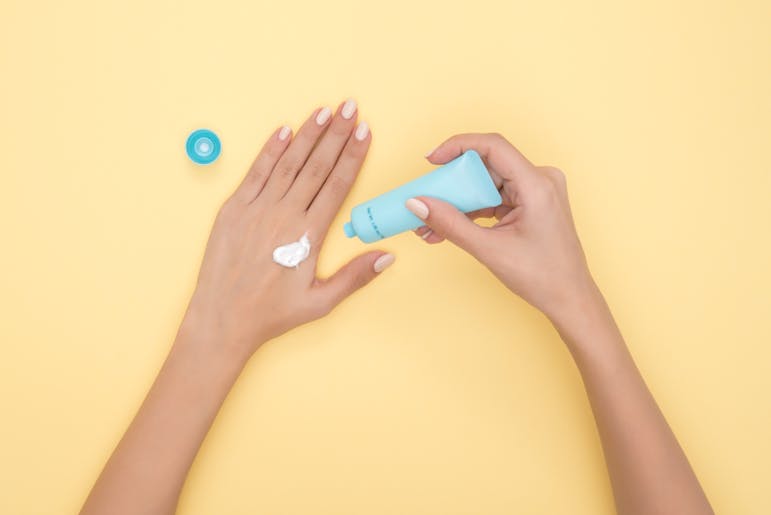
Sunscreen acts as a shield, protecting your skin from the sun’s ultraviolet (UV) rays. These rays can cause significant damage to your skin, leading to sunburn, premature aging, and even skin cancer.
How Sunscreen Works?
Sunscreen works by absorbing, reflecting, or scattering sunlight. It contains active ingredients that either block or absorb UV radiation, preventing it from penetrating the skin.
Types of UV Rays
| TYPES | DESCRIPTION |
| UVA | Ultraviolet A (UVA) lights penetrate the skin at deeper levels, leading to a situation where the skin ages and incurs long-term damages. |
| UVB | Sunbron also known as UV rays are responsible for causing sunburns, as well as eroding outer layer of your skin. |
How to Choose the Best Sunscreen?
Selecting the right sunscreen can be tricky, but focusing on a few key factors can help.
- SPF Ratings
The Sun Protection Factor (SPF) measures the effectiveness of a sunscreen in protecting the skin from ultraviolet B rays. An SPF of 30 is generally recommended, as it blocks about 97% of UVB rays. Higher SPFs offer slightly more protection but can be misleading.
- Broad-Spectrum Protection
Make sure your sunscreen is labeled “broad-spectrum,” which means it protects against both UVA and UVB rays.
- Water Resistance
It is advisable to select a water-proof sunscreen when you go swimming or sweat. However, remember that no sunscreen is completely waterproof, so reapplication is necessary.
Application Tip : Apply sunscreen 15-30 minutes before going outside and reapply every two hours or immediately after swimming or sweating.
How Often Should You Reapply Sunscreen?
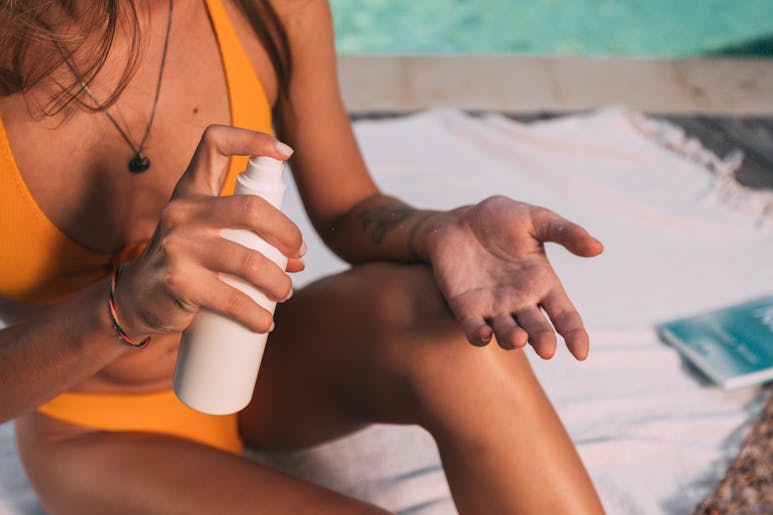
Reapplying sunscreen is essential to maintain its effectiveness. The general rule is to reapply every two hours, especially when you’re outdoors for an extended period. This ensures continuous protection from UV rays.
Factors Affecting Reapplication Frequency
Several factors can influence how often you need to reapply sunscreen:
- Water Exposure: If you’re swimming or sweating, you should reapply sunscreen immediately afterward, even if the product is labeled water-resistant. No sunscreen is completely waterproof, and water exposure can wash away the protective layer.
- Physical Activity: Activities that cause you to sweat heavily will also necessitate more frequent reapplication. Sweat can diminish the effectiveness of your sunscreen.
- Towel Drying: Drying off with a towel can rub off sunscreen, so you should reapply immediately after toweling off.
- High UV Index: On days with a high UV index, your skin is at greater risk, making reapplication every hour and a half a safer practice.
How Long Does Sunscreen Last After Applying?
Sunscreen typically lasts about two hours after application, providing effective protection during that period. However, this duration can be shorter if you’re swimming, sweating, or towel drying, as these activities can reduce its efficacy. It’s crucial to reapply every two hours or immediately after water exposure or heavy sweating to maintain adequate protection. Water-resistant sunscreens offer some additional durability but still need frequent reapplication. Regular reapplication ensures continuous defense against harmful UV rays, reducing the risk of sunburn, premature aging, and skin cancer. Always follow the specific instructions on your sunscreen product for best results.
Also Read : KETO ACV GUMMIES: DO THEY REALLY WORK?
Common Myths About Sunscreen
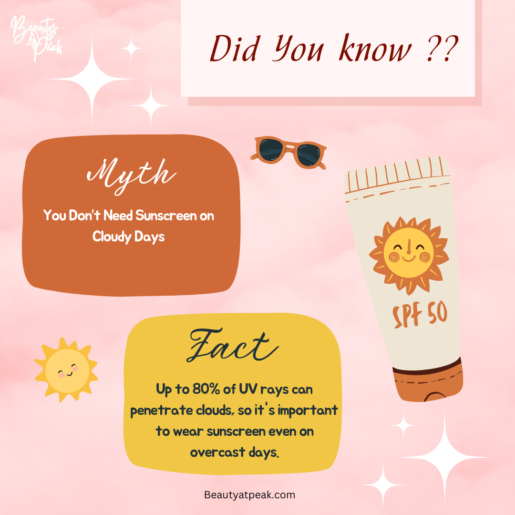
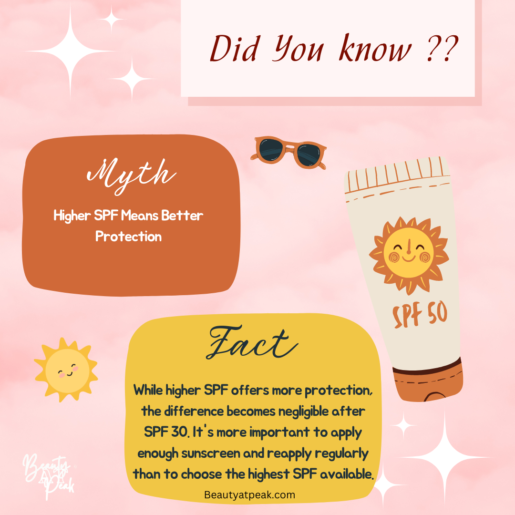
FAQs
When can you put sunscreen on a baby?
It’s best to use a mineral sunscreen and avoid applying it to babies under six months old. Instead, keep infants out of direct sunlight and use protective clothing and hats.
Is there a difference between face sunscreen and body sunscreen?
Face sunscreens are often formulated to be lighter and less greasy, with added ingredients to address specific facial skin concerns, such as moisturizers or anti-aging compounds.
Can sunscreen cause acne?
Some chemical sunscreens can clog pores and cause breakouts. Look for non-comedogenic formulations designed for acne-prone skin.
What should I do if I get a sunburn?
If you get sunburned, cool the skin with a cold bath or compress, apply aloe vera or a soothing lotion, and stay hydrated.

